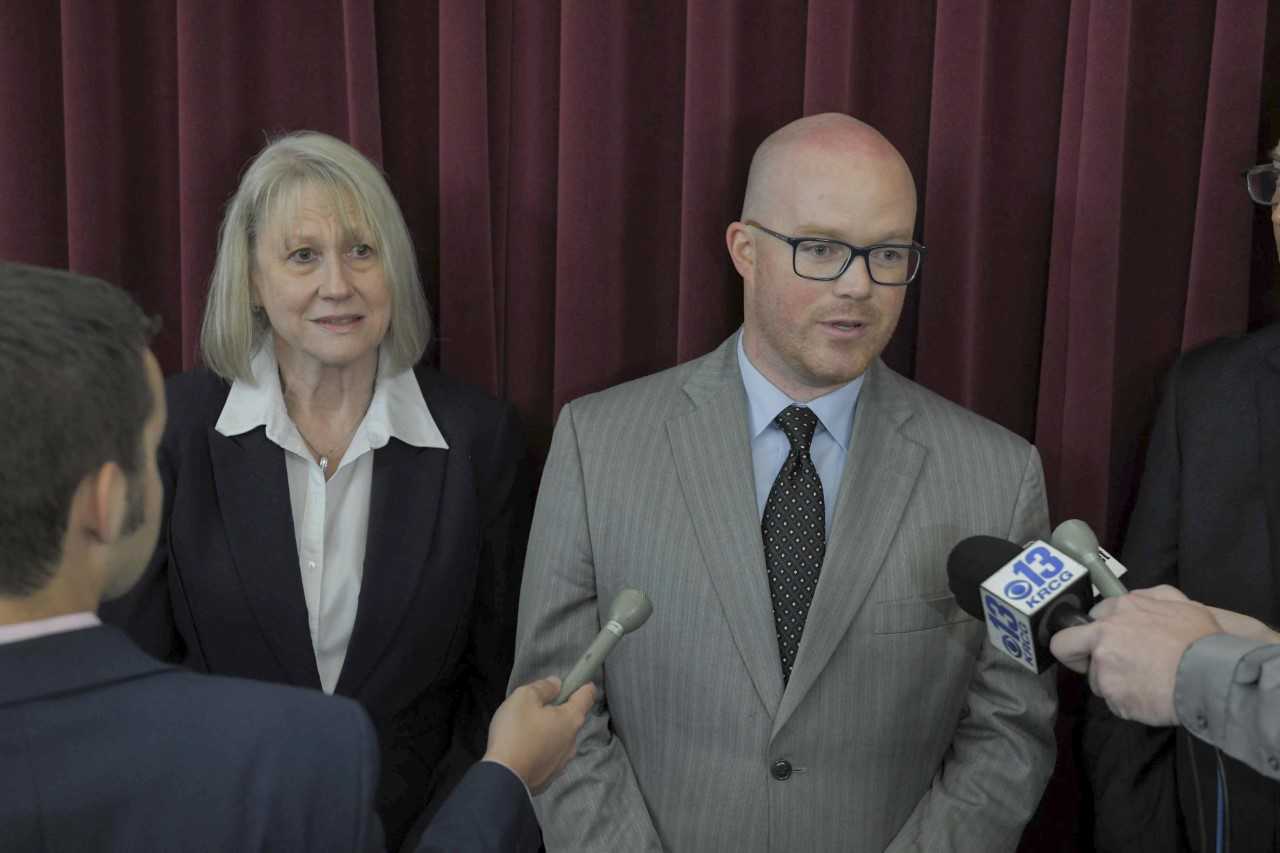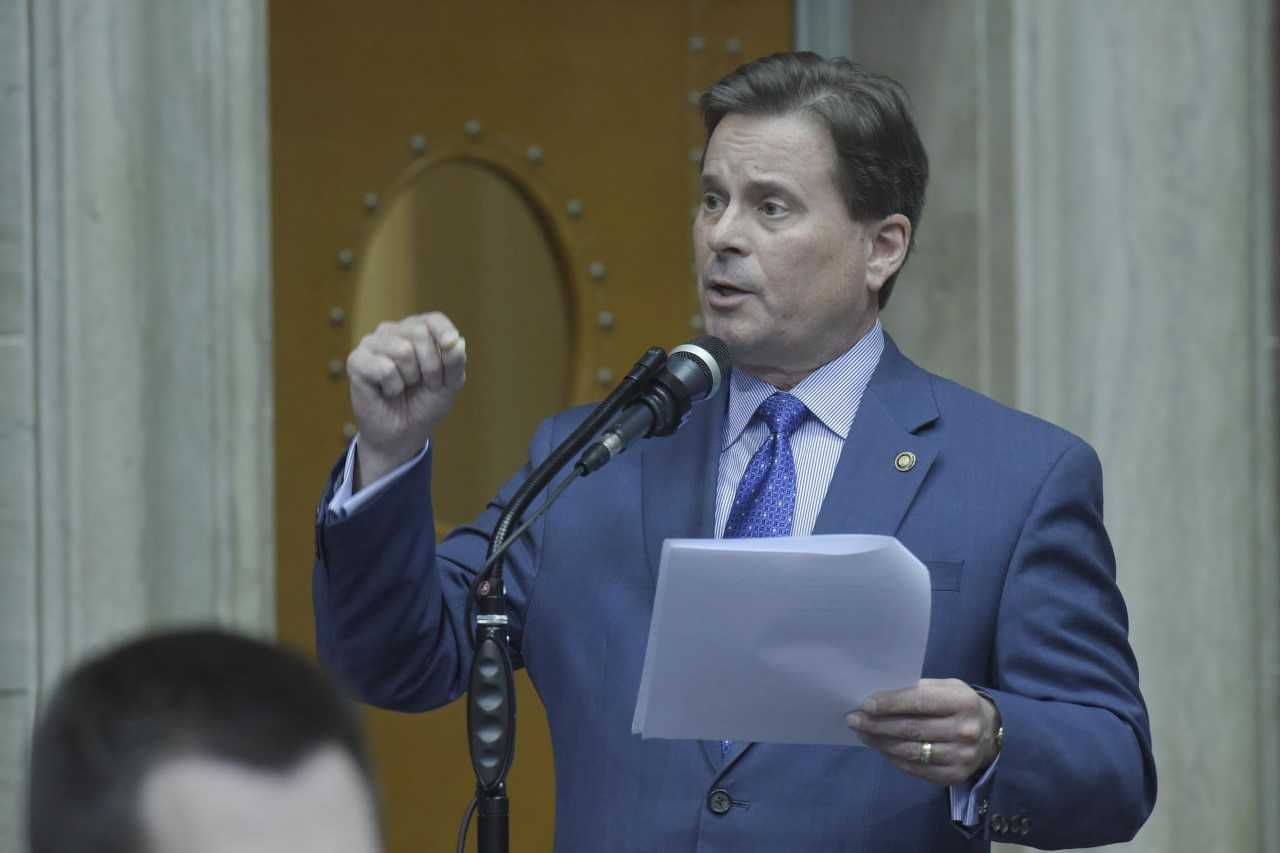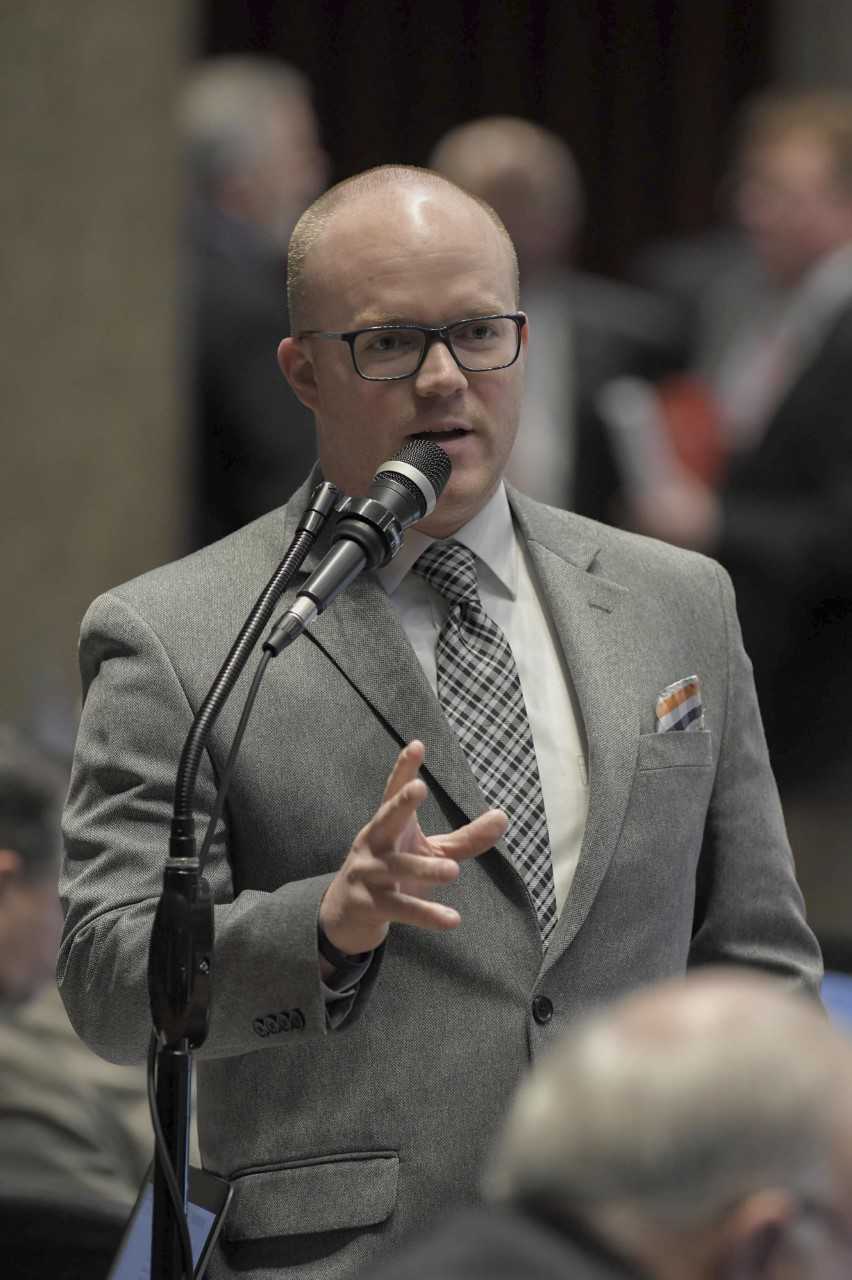The Missouri legislature moved quickly to pass two bills that were the subject of a special session called by Governor Mike Parson (R).

Parson called lawmakers back into session to reexamine issues covered in two bills he vetoed. One of those would establish statewide standards for treatment courts, such as drug and veteran courts; the other would allow high school computer science courses to count toward graduation requirements for math, science, or practical arts credits. The House voted on Wednesday to send those bills to the Senate, and today the Senate approved those bills without making any changes to them. That means they go to Parson for his consideration.
Representative Kevin Austin (R-Springfield) sponsored House Bill 2, which deals with treatment courts. Such courts in Missouri provide a court-supervised, comprehensive treatment program as an alternative to jail time. Lawmakers and prosecutors agree the program is not an easy out for a defendant.
Over the years courts have been established in numerous districts in the state but without universal guidelines for how to operate. HB 2 seeks to provide those.
“It allows the expansion of treatment courts to counties that don’t have it but would like to have it. It also allows for the coordinating commission to establish best practices based on scientific research that’s been done on the effectiveness of treatment courts and what works and what doesn’t,” said Austin. “It allows for more data collection as well, it allows for technical assistance from [The Office of State Courts Administrator] to these courts.”
Austin said one of his favorite parts of the bill is a transfer clause, which will allow defendants who are candidates for treatment courts but are in a circuit that doesn’t have them, to be transferred to a circuit which does have them.
Austin said treatment courts save lives and improve the quality of lives, and not just the lives of the defendants that go through them.
House Bill 3 would let computer science courses count toward math, science, or practical arts credits needed for graduation. Under the bill students could begin in middle school to be prepared for the opportunities they could have in the job market. Its sponsor, Holts Summit Republican Travis Fitzwater, has been working on STEM legislation for years.

“I’m thrilled it’s done,” Fitzwater said on Wednesday after the House passed his legislation.
Representative Jeanie Lauer (R-Blue Springs) chaired the House Committee on Workforce Development and worked with Representative Fitzwater on the computer science portion of HB 3. She said it could help move Missouri forward in workforce development.
Parson announced on August 30 his call for the special session and legislators worked quickly to pass new versions of these bills that addressed the concerns he cited with his vetoes, while spending as little time as possible on the special session. The session’s costs were lessened because it coincided with the constitutionally-mandated veto session.



